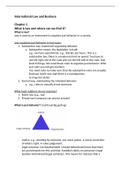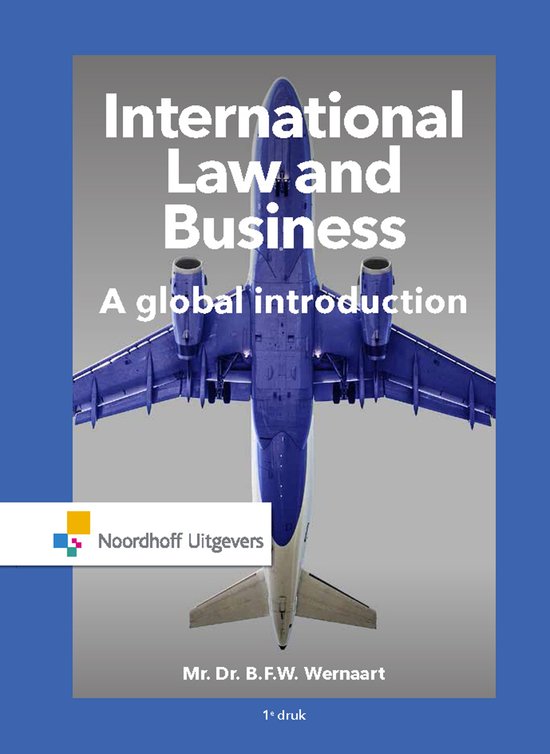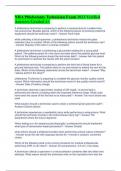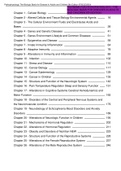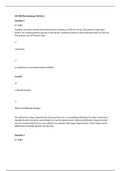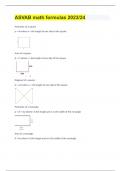Samenvatting
Summary Law - Chapters 1 to 10 of International Law and Business
This summary contains information about the Law lectures of Fontys University of Applied Sciences. Summary of Chapters 1 to 7 of the book International Law and Business. ISBN/EAN 1574
[Meer zien]
